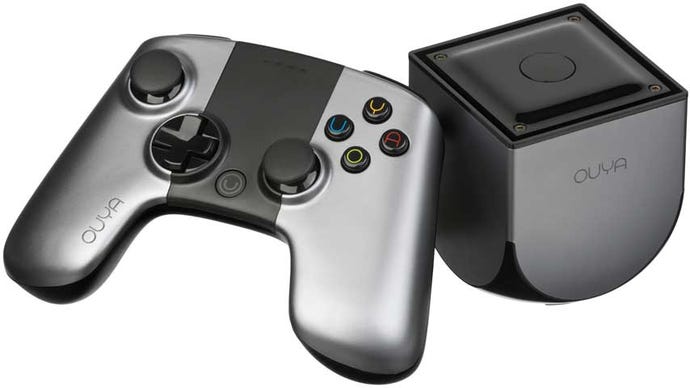Ouya users to be migrated to Cortex following Razer acquisition
PC peripherals manufacturer Razer has up and bought a slice of Android micro-console Ouya, adding another twist to the crowdfunded platform's sinuous tale.
Razer has bought out a huge chunk of Ouya, ignoring the company's hardware and going straight for its users and platform.
TechCrunch reports Razer has acquired Ouya's software assets, and "acqui-hired" its technical and developer relations teams.
The idea is to expand Razer’s Android TV gaming business. Ouya's 1,000 plus games, controllers and accounts will be merged into Razer's Cortex, with the Ouya Store relaunching as Cortex for Android TV. Ouya's registered users, who apparently number over 200,000, will also be migrated to Cortex.
Cortex will continue to support Ouya hardware for at least a year, and will also offer deals to encourage conversions to Razer's own Forge TV microconsole and Serval controller.
The Ouya brand will live on as a games publisher for Android TV platforms, which is good news for developers who have forged strong relationships with Ouya, and will now have a chance to reach broader audiences.
Razer CEO Min-Liang Tan said the acquisition was "an all-cash deal", meaning investors benefited, but terms were not disclosed. The deal closed on June 12, just one day after rumours gave us a heads up.
Ouya's hardware and other businesses will remain independent, and Ouya CEO and co-founder Julie Uhrman will be onboard for whatever the company's future brings. It's hard to imagine how the firm will continue without its games software platform, but it's worth noting that set-top manufacturer AliBaba dropped $10 million in its coffers earlier this year.
It's a little sad to see Ouya split up and swallowed by the booming Android TV market, to which it was a significant early contributor. If Ouya's tremendous Kickstarter hadn't demonstrated an appetite for this kind of gaming, we might not have the market we're now enjoying. Unfortunately Ouya itself never quite lived up to its potential sales-wise.


